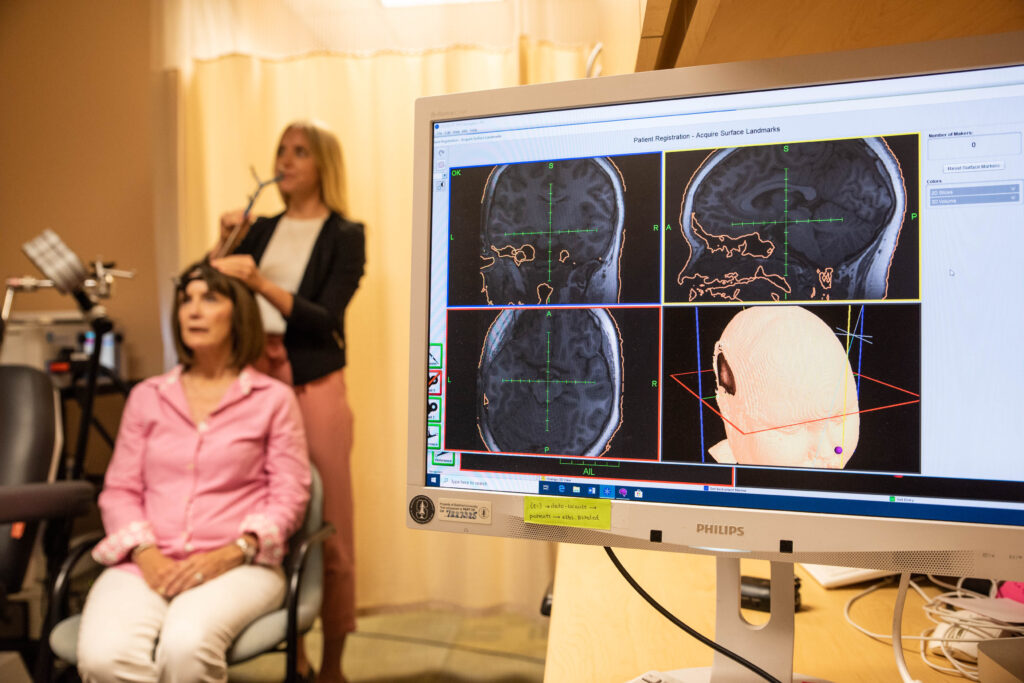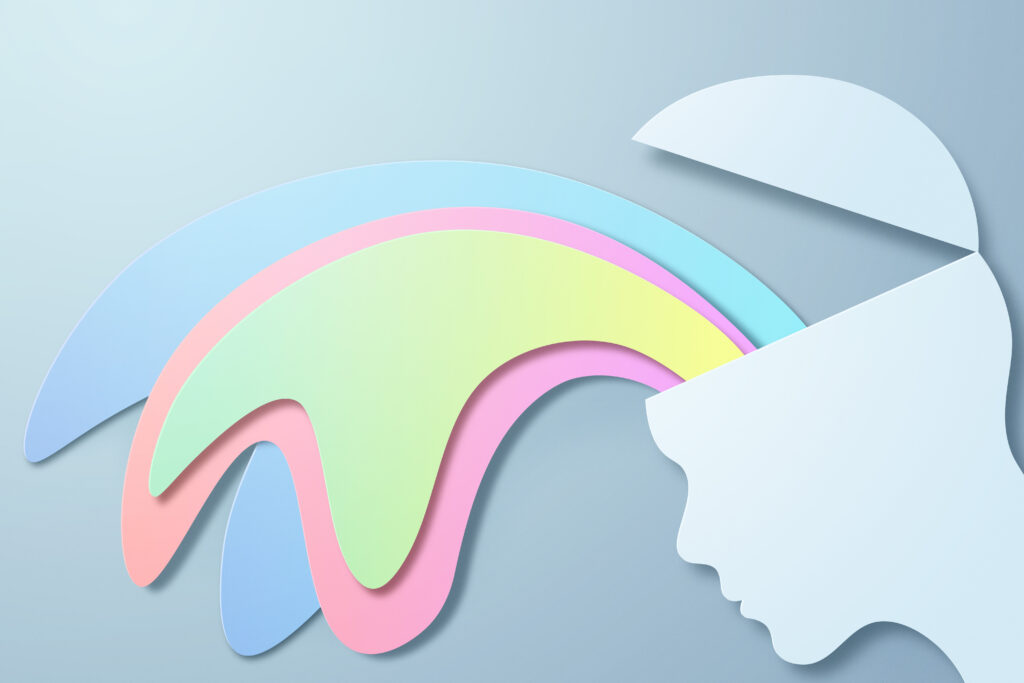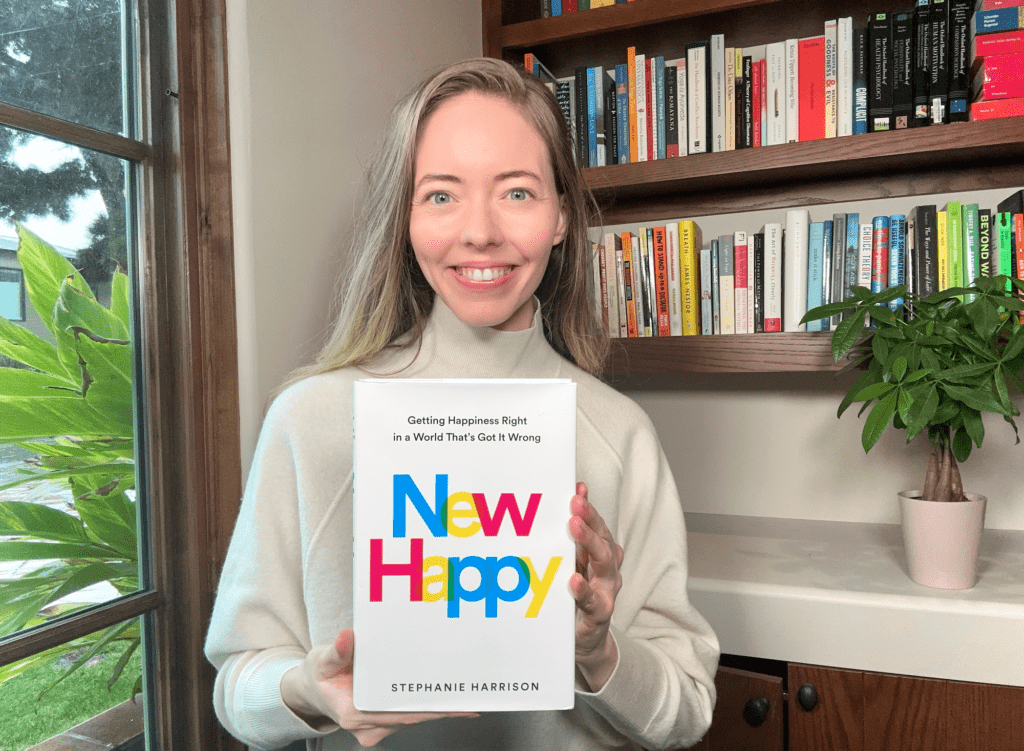We often hear that representation matters, but one new study from Columbia University researchers has proven just how essential diversity actually is when it comes to maternal healthcare.
The study, published in July, found that more diversity in the nurse workforce is linked to a lower risk of complications during childbirth for all mothers, regardless of their race.
The complications with a reduced risk, referred to as severe adverse maternal outcomes (SAMO), include eclampsia, blood transfusion, hysterectomy, and intensive care unit admission. According to the researchers, failing to recognize the warning signs of such outcomes contributes to preventable maternal deaths.
“The more racially and ethnically diverse the nurse workforce is, the better maternal health outcomes are,” Guohua Li, a co-author of the study, told NBC News. “This finding holds up for white mothers as well as for mothers of color.”
The average percentage of registered nurses who were racial and ethnic minorities in each U.S. state was 22%, but ranged from a low of 3% in Maine to a high of 68% in Hawaii. Giving birth in the states with the highest diversity was associated with a 32% reduced risk of SAMO for white mothers, 20% for Black mothers, 31% for Hispanic mothers, and 50% for Asian and Pacific Islander mothers.
Li explained in a press release that having a more diverse nurse workforce may reduce implicit biases and improve communication and trust with patients, and first author Jean Guglielminotti added that their research will hopefully lead to more intervention programs that improve nurse diversity and “reduce racial and ethnic disparities in maternal health outcomes.”
“Demographic diversity is widely regarded as a strength of the United States,” Li told NBC. “Our study indicates that workforce diversity could also be a major strength of the U.S. health system, which benefits the entire population.”











